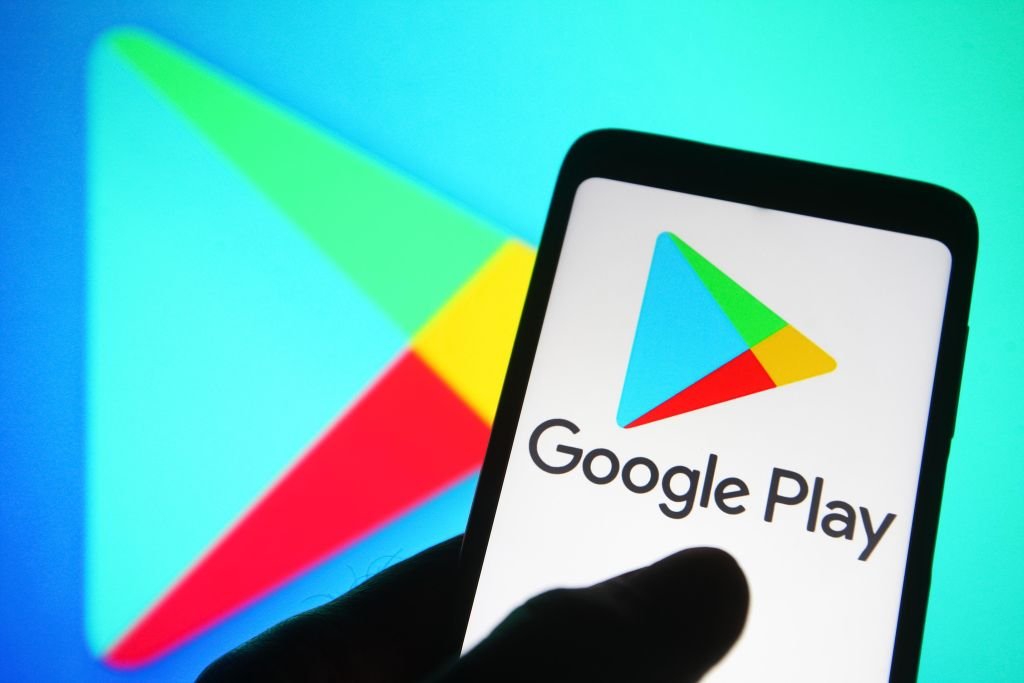Google has made a groundbreaking announcement today, declaring that they will be shelling out a whopping $700 million in a settlement agreement with the U.S. Attorney General for a lawsuit revolving around the Google Play Store. However, that’s not all – in addition to this massive sum, the tech giant has also agreed to make significant changes related to Google Play billing, sideloading of apps, and how updates for said apps are handled.
Here’s a comprehensive list of the changes that Google has committed to implementing, which will take effect from the date the settlement is finalized.
- For a period of seven years, Google will support app installations on Android devices through various avenues, including third-party app stores.
- Google will not enforce a requirement for developers to initially release their apps on Google Play, at least for the next four years. This also includes an agreement to not offer a version of an app with more features exclusively on Google Play.
- For a period of four years, Google will allow third-party companies to use APIs for automatic app updates, employ “split features” to enable selective downloading of app components, and implement a consent mechanism to halt app updates while the app is in use.
- Google must also permit pre-installed apps or third-party app stores to maintain exclusive rights to update an app, unless the user chooses to update the app from an alternative source. However, developers do have the option to opt-out of this functionality.
- Currently, Google displays a warning screen when attempting to install apps from sources outside of Google Play. Users then have to click on the settings button to allow installation from these unknown sources. For the next five years, Google will combine these two screens into one, displaying the following message: “Your phone is currently not configured to install apps from this source. Granting permission for this source to install apps could potentially compromise your phone and data.”
Alternative Billing
For the next five years, Google will be obligated to allow developers to offer alternative billing methods for in-app purchases. Additionally, they cannot insist that these alternative methods offer the best rates compared to Google Play billing.
If a consumer chooses an alternative billing option, Google can only collect the minimum amount of data required from the developer. Furthermore, they cannot use this data to compete with other apps.
For a period of six years, Google must allow developers to contact users outside of the app, with both data collected inside and outside of the app, provided there is consent, for promotional purposes related to pricing and billing.
Developers are also free to offer discounts to promote other billing systems and can display these options within the app. Furthermore, Google cannot restrict developers from showing fees associated with Google Play or their billing system.
For six years, Google will allow developers to display information about alternative purchasing options, such as “Available on our website for $9.99,” without having to include a link.
OEM Clauses
For a period of five years, Google cannot enter into an agreement with phone manufacturers to exclusively feature Google Play as the pre-installed app store on devices, nor can they force Google Play to be placed on the home screen.
Likewise, for the same duration, device manufacturers do not have to seek “consent” from Google before pre-loading a third-party app store on their devices.
For four years, Google must grant pre-loaded apps by OEM installer rights.
Though these changes may seem significant, they may not have a major impact on Google’s overall operations. As seen during the recent Epic v Google trial, the 4% discount offered by Google for user-choice billing may not be enough to motivate developers to switch to a different payment processor if the costs outweigh the savings. Additionally, alternative app stores must provide sufficient incentives and have a substantial audience for developers to make more profits through their platforms.








